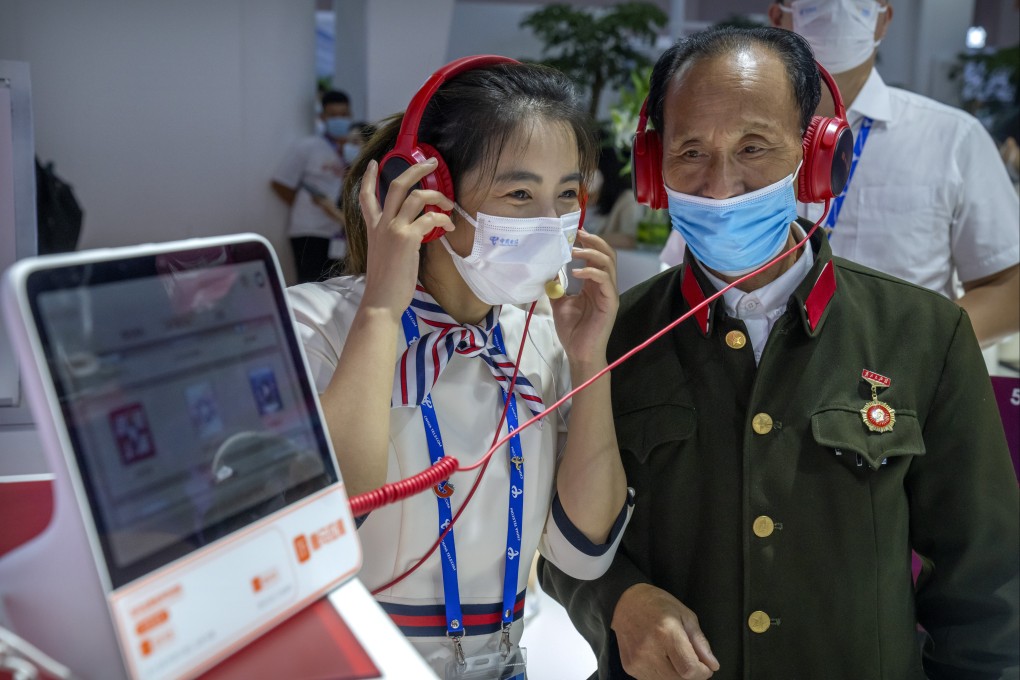Opinion | Covid-19 crisis a chance to bring more of Asia’s elderly into the digital age
- The pandemic has shown how technology can help fight the virus, sustain daily life, support business continuity and keep people socially connected
- As societies across the Asia-Pacific rebuild, they must integrate ICT into policies affecting older people

The growing number and share of older people in Asia and the Pacific, thanks to declining fertility and increasing longevity, is the result of advances in social and economic development.
This demographic transition is taking place against the backdrop of the accelerating Fourth Industrial Revolution. But Covid-19 has exacerbated the suffering of older people in vulnerable situations and demonstrated the fragility of this progress.
Asia and the Pacific is home to the largest number of older people in the world – and is rapidly ageing. When the 2030 Agenda for Sustainable Development was adopted in 2015, 8 per cent of the region’s total population was 65 or older. By 2030, it is projected that 12 per cent of the total population – one in eight people – will comprise older people.

Covid-19 has demonstrated how technology can help fight the spread of the virus, sustain daily life, support business continuity and keep people socially connected.
